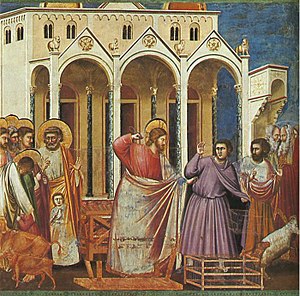I'll miss the referendum and presidential votes on Thursday as I'm in England. I strongly recommend a no vote in both referendums. As to the president I can't get excited about this; but I'm dumbfounded that a Fianna Fáil businessman should be the frontrunner. And I say that without having followed yesterday's latest brown envelope story. Truly baffling. Michael D Higgins seems a decent cove. Sinn Fein is hard to take seriously as a leftwing party in view of its record in the North. But most important, the interest in this race is really displacement activity. The office has little role other than the important one of checking that legislation conforms to the constitution and seeking a Supreme Court ruling in cases of doubt.
So now about the two constitutional changes. The parliamentary enquires clause will open the door to McCarthy-esque kangaroo courts. Ah I hear you say it’s only bankers and bishops who will have their collars felt. But then I ask you to consider that to erode civil liberties in the hope that it doesn’t mean me it means someone else is a shortsighted policy.
The constitutional change to allow reductions in judges’ pay is a hard one to argue against but I'm going to anyway. There are good reasons for the constitution prohibiting the government from reducing judges pay and the conditions in the proposed clause are worthless. It would allow the government a lever over the judiciary and so fuzz the separation of powers.
Off to the airport now so no time to give you any links or reasoned arguments to back up my wild assertions. Both referendums will pass with a substantial majority so if you have an interest in Irish politics you’ll just have to bookmark this post and make a diary note to come back to it in 5 years time to see if I was right.
Oh, here's a link which, being signed by barristers including the erstwhile leader of one of the most rightwing parties Ireland has ever had, Michael McDowell, is a slight embarrassment to me, bit it’s the best I can do for now.
Oh, here's a link which, being signed by barristers including the erstwhile leader of one of the most rightwing parties Ireland has ever had, Michael McDowell, is a slight embarrassment to me, bit it’s the best I can do for now.
